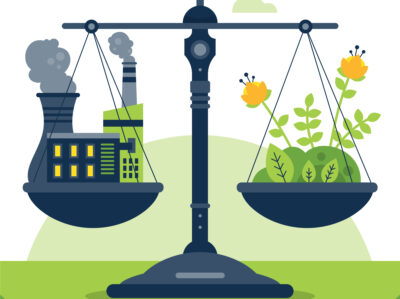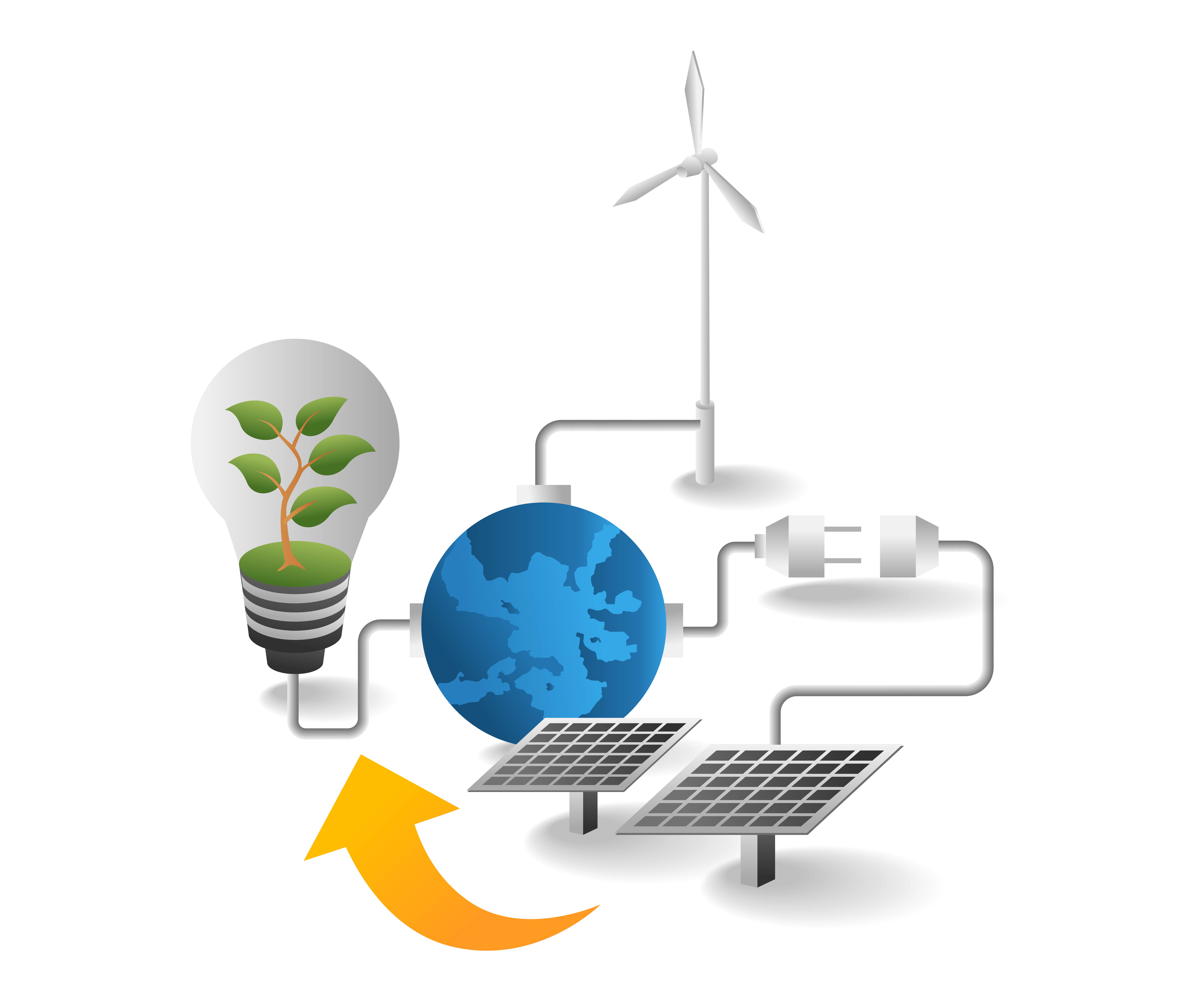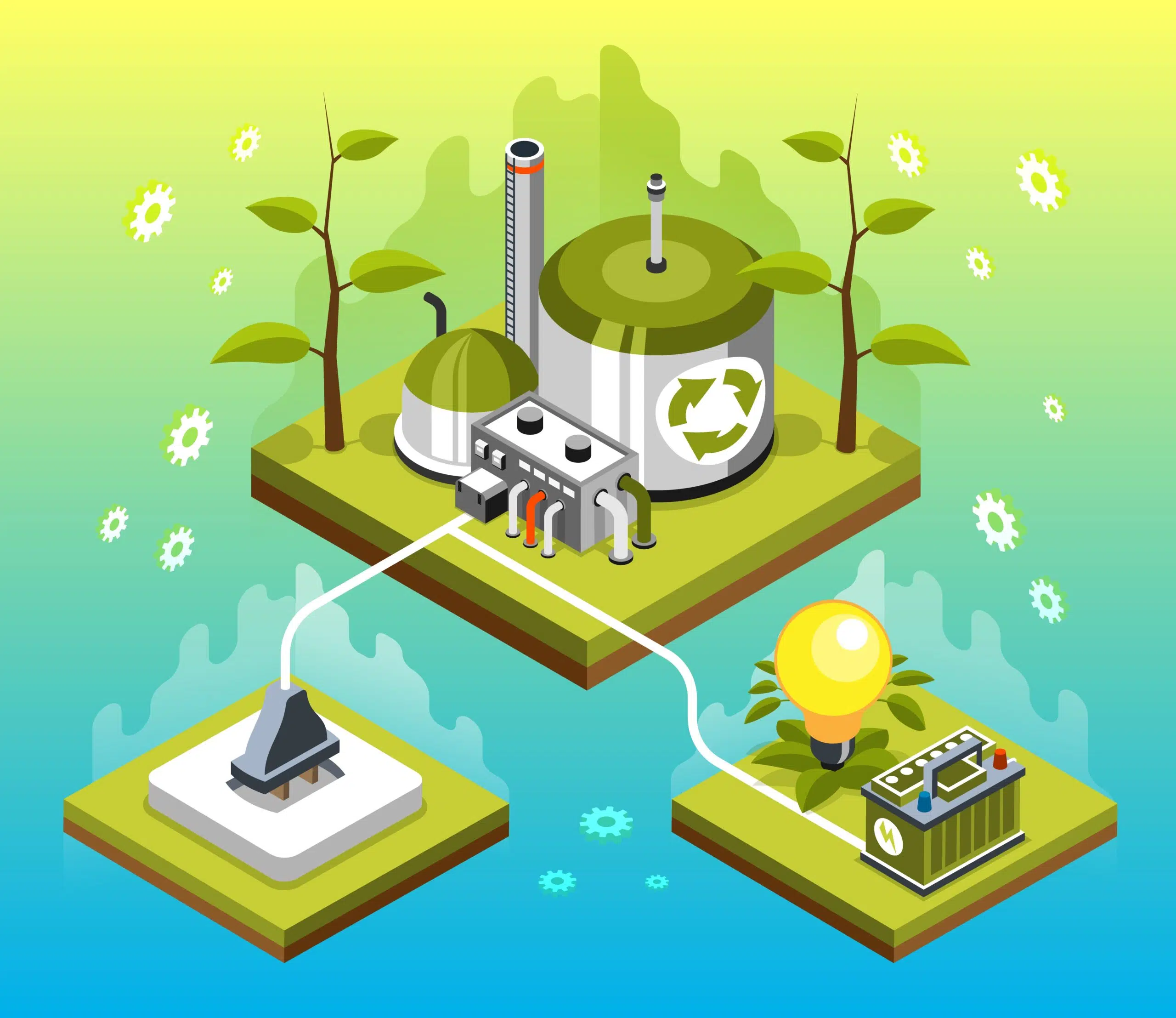Powering India’s future: The surge, potential and opportunities in the renewable energy sector

7 Ways to Unlock Your Built-In Brand Ambassadors
April 3, 2024
Wary firms, candidates on fence slow top-level hiring
April 6, 2024
An ambitious pledge
“A transition to clean energy is about making an investment in our future.” — Gloria Reuben
The message is clear: cut emissions now or face the consequences.
The 2021 UN Climate Change Conference (COP26) brought together 120 world leaders to address climate change, culminating in the Glasgow Climate Pact. With nations recommitting to the Paris Agreement (2015) and pledging stronger national strategies, we are witnessing a global shift towards a sustainable future, one powered by clean energy.
India set these zealous goals at COP26:
- 500 GW of non-fossil energy by 2030
- 50% renewable energy by 2030
- 1 billion tonnes of reduced carbon emissions by 2030
- 45% reduction in carbon intensity by 2030
- Net-zero emissions by 2070
These pledges are bold, and India has plans in place to make them a reality.
Post-COP26: Progress and promise
Following COP26, India has actively pursued several initiatives and accelerated several green energy projects.
Here is a glimpse into what is being done:
Energy transition
- Promotion of infrastructure development and clean energy production through the National Solar Mission, National Green Hydrogen Mission, etc.
- Increased renewable energy targets for solar, wind, etc. through revised Nationally Determined Contributions (NDCs)
- Emphasised energy storage development with battery energy storage systems (BESS)
Sustainable finance and policy
- A framework for Sovereign Green Bonds to finance green infrastructure introduced
- Climate finance fulfilment from developed nations being advocated
- Lifestyle for the Environment (LiFE) movement promoting sustainable living launched globally
Sector-specific initiatives
- Support domestic Electric Vehicles (EV) manufacturing, charging infrastructure and adoption
- Focus on Circular Economy (waste management, recycling and sustainable practices)
- Promote Green buildings (energy-efficient designs and practices)
Beyond COP26, India actively leads the International Solar Alliance (ISA) and promotes sustainable transport.
The progress is evident: As of November 2023,
- non-fossil fuel capacity quadrupled in 8.5 years, reaching 179.57 GW (including large hydro and nuclear).
- solar energy use increased 30 times in nine years.
- overall renewable energy use has doubled since 2014.
- 42% of total energy capacity has come from non-fossil fuels.
This positions India as a global leader in renewable energy:
- 4th globally in clean energy use
- World leader in 2022 renewable energy installations, growing by 9.83%
- 7% of the global renewable energy workforce in 2021
This remarkable progress highlights India's commitment and its potential to be a frontrunner in the fight against climate change.

India's roadmap to clean energy supremacy
However, there's little room for celebration. India remains focussed on diversifying its clean energy portfolio to meet its ambitious goals for 2030 and beyond, despite the limited time available.
Here is a sector-wise outline of India’s roadmap to a sustainable tomorrow:
Solar power:
Solar power, a key focus, holds immense potential with 5,000 trillion kWh of annual solar energy. India boasts 748 GW of solar power generation potential and is actively promoting access through initiatives like the Pradhan Mantri Ujjwala Yojana and PM – Surya Ghar: Muft Bijli Yojna, which are bringing solar power to rural households and promoting clean energy access.
Wind farms:
Despite wind energy's limitations (of being intermittent and site-specific), India doubled its capacity to 42.6 GW (2014–2023). Assessments reveal massive onshore potential (1163.9 GW) concentrated in key states and additional potential from its 7600 km coastline.
Aiming to capitalise on this combined potential from onsite and offshore sources, India has set an intent target of 140 GW of wind energy capacity by 2030, including 30 GW from offshore sources. This goal is backed by initiatives such as the Offshore Wind Policy.
Hydrogen power:
Green hydrogen is a clean, emission-free fuel produced by splitting water using renewable electricity (electrolysis) or through biomass gasification. It holds great potential to replace fossil fuels and drive the transition to a low-carbon future.
India plans to produce five million tonnes of green hydrogen by 2030 with the backing of The National Green Hydrogen Mission, which offers financial and regulatory support for green hydrogen production.
Small hydropower:
Leveraging smaller water sources like rivers and streams, India is investing in small hydropower plants (of capacity not more than 25 MW) for decentralised electricity generation. Schemes like the Small Hydro Power Policy provide financial assistance and encourage private participation.
Bioenergy:
India's abundant biomass and waste offer a clean energy solution with bioenergy, providing not just clean fuel but also significant environmental benefits like reduced air, water and land pollution. Several programmes, like Waste to Energy and Biogas, convert various waste streams into valuable resources like biogas, bio-CNG and power.
Energy storage systems (ESS):
“The holy grail … is being able to store solar energy for use when the sun isn’t out.” — Julie Franz Julie Franz’s sentiment extends to all renewable energy sources. Renewable energy's intermittent nature challenges grid stability and consistent power supply. Energy Storage Systems (ESS) can mitigate this by storing surplus energy from renewable sources for later use. ESS offers multiple benefits: stabilising the grid, facilitating peak shifting, supporting renewable integration, reducing peak deficits and tariffs, cutting carbon emissions and potentially deferring transmission and distribution upgrades.
These goals are backed by a comprehensive policy framework and substantial investments, paving the way for India to achieve energy independence by 2070.
Powering jobs and progress
2022 saw a phenomenal addition of nearly 1 million jobs in the renewable energy sector, according to the International Renewable Energy Agency (IRENA). This momentum is expected to continue, with investments projected to jump by over 83% in 2024, reaching a staggering USD 16.5 billion. This growth is fuelling the creation of exciting new green careers, with the potential for 3.5 million jobs by 2030 (according to Francesco La Camera, director-general of IRENA).
Some new career paths opening up in this sector include:

Technical experts:
Solar energy: This booming sector demands the following skilled professionals:
- Solar PV manufacturing technicians: Operate specialised equipment for crafting solar panel components
- Roofers: Prepare rooftops for solar panel installation, ensuring safety and waterproofing
- Solar panel installers: Mount and secure solar panels for optimal performance
- Operation and maintenance technicians: Monitor, troubleshoot and maintain solar power plants for smooth operation and maximised energy production
Wind energy: Wind farms require these experts to ensure smooth functioning:
- Wind turbine manufacturing technicians: Build and assemble wind turbine components
- Wind turbine installation technicians: Assemble and erect wind turbines at wind farms
- Wind power plant operation and maintenance technicians: Ensure peak performance through regular maintenance, troubleshooting and repairs
Green hydrogen: This emerging field creates new roles such as:
- Production operators: Oversee green hydrogen production using renewable energy sources
- Storage operators: Manage safe and efficient storage
- Application specialists: Research and identify new applications across different sectors, promoting adoption
Battery Energy Storage Systems (BESS): This crucial technology requires:
- Battery and management system operators: Maintain battery health, optimise cycles, diagnose issues and ensure smooth operation.
Circular economy: The shift towards sustainability demands these professionals:
- Circular economy product and packaging technicians: With knowledge of material science and sustainability and circular design, plus skills to operate machinery for product disassembly, repair and remanufacturing
- Waste management specialists: Skilled in managing all aspects of waste, from collection to disposal, and utilising data to optimise solutions
Green buildings: Sustainable construction requires:
- Energy-efficient building designers: Masters of heat transfer, airflow and insulation principles, with the ability to utilise simulation software for optimal building energy usage; experts in passive solar design, natural ventilation and energy-efficient lighting strategies—with strict adherence to relevant regulations
- Green building materials specialists: Assess environmental impact of building materials across their lifecycle; recommend sustainable, recycled, and locally sourced materials; evaluate the environmental footprint of various materials; and be familiar with relevant regulations
EV charging and clean transport: The expanding electric vehicle landscape requires:
- Charging station operators: Oversee operations, monitor equipment, troubleshoot issues, assist users, manage payments, maintain records and stay updated on technologies
- Battery swapping operators: Manage battery swap stations—ensure safe exchange, inspect batteries, maintain equipment, assist customers and collect data
- Electric vehicle technicians: Diagnose, repair and maintain EVs using specialised tools, staying updated on technologies, maintaining records, and communicating effectively with customers
Renewable power generation (beyond solar and wind):
- Geothermal: Manage all aspects of geothermal energy production, from resource assessment to plant operations; possess expertise in geology, drilling, wellbore maintenance and geothermal fluid properties
- Biomass: Experts in combustion engineering, fuel handling, plant operations, compliance and safety standards.
- Biogas plants: Manage the anaerobic digestion (AD) process for biogas production and handling
Supporting Roles:
- Civil engineers: Plan, design and construct infrastructure for renewable energy projects.
- Power plant operators and managers: Ensure safety of controlling equipment and monitoring systems
- Environmental scientists and technicians: Research, analyse and assess environmental impact and develop mitigation strategies
- Analysts: Policy specialists and data analysts to make informed decisions in the complex energy landscape
- Sustainability consultants and auditors: Evaluate resource usage, recommend sustainable practices and monitor progress through audits and reporting systems.
Beyond Urban Opportunities:
The rise of Decentralised Renewable Energy (DRE) solutions unlocks further employment opportunities in rural areas. DRE technicians, micro-entrepreneurs managing microgrids and sales personnel become crucial for local adoption and maintenance of these systems.
Skill Development Initiatives:
Recognising the growing demand for skilled professionals, the government supports initiatives like Skill India Mission and Pradhan Mantri Kaushal Vikas Yojana (PMKVY) to equip individuals with the necessary technical and entrepreneurial skills to thrive in the renewable energy sector.
A sustainable tomorrow
India's transition to renewable energy sources is fuelled by both environmental goals and significant economic potential. As investments surge throughout the solar, wind, green hydrogen and biomass sectors, the demand for skilled professionals skyrockets. This transformation creates opportunities for engineers, technicians, scientists and analysts while also fostering supporting roles that boost rural employment and sustainable practices. With government initiatives and a strong commitment to decarbonisation, India's renewable energy sector promises a future of clean growth, innovation and widespread employment across the nation.


